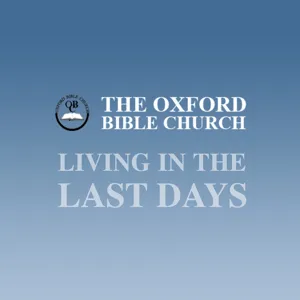We apologise for the variable sound quality of this podcast.
This year is the 800th anniversary of the granting of Magna Carta - King John's Great Charter. This charter guaranteed a number of vital rights and privileges and is still seen as being the foundation of many modern liberties. To mark this important anniversary, we are holding a range of events and exhibitions.
In this discussion chaired by Dr Sophie Ambler world experts come together to debate the importance of Magna Carta.
Nicholas Vincent, Professor of Medieval History at University of East Anglia, is an expert on 12th and 13th century English and European political and administrative history, and author of Magna Carta: A Very Short Introduction (OUP, 2012). He is the Honorary Secretary of the Pipe Roll Society.
Louise Wilkinson, Professor of Medieval History, Christ Church College Canterbury, is an expert on women in the age of Magna Carta, and 13th-century political and administrative history. She is the honorary General Editor of the Pipe Roll Society.
Paul Brand, Professor of English Legal History and Emeritus Fellow at All Souls Oxford, is an expert on English and Irish legal history, specialising in 13th-century law. He is the Honorary Treasurer of the Pipe Roll Society.
David Crook, formerly of The National Archives, is one of the leading experts on medieval records and forest law.
David Carpenter, Professor of Medieval History at King's College London, is an expert on the reign of Henry III (1216-72) and author of Magna Carta (Penguin, 2015).










